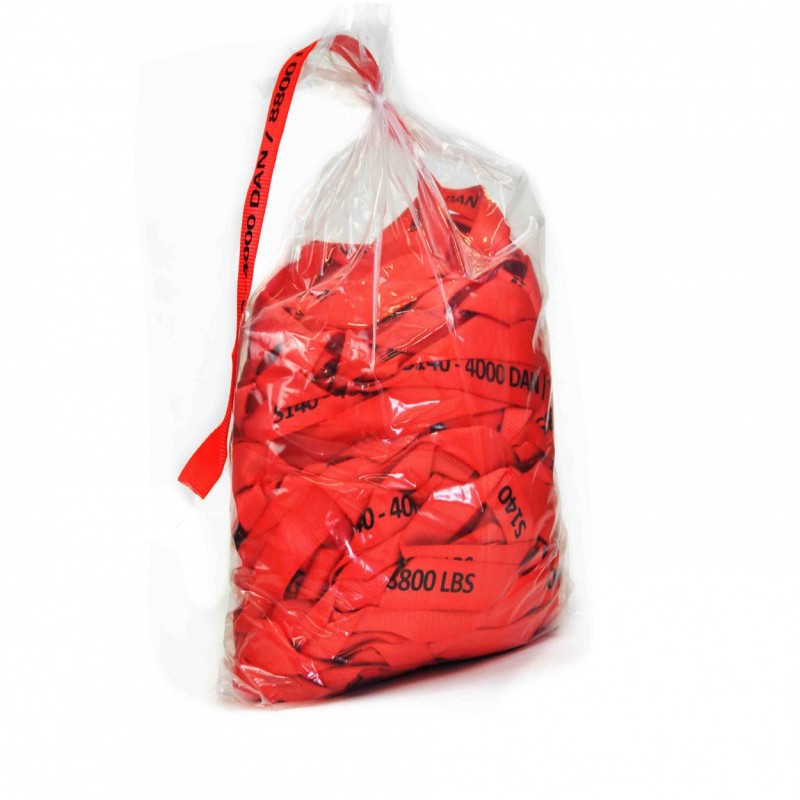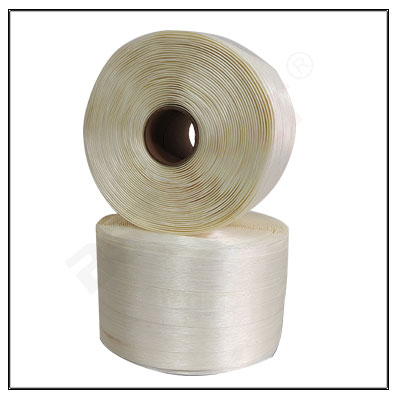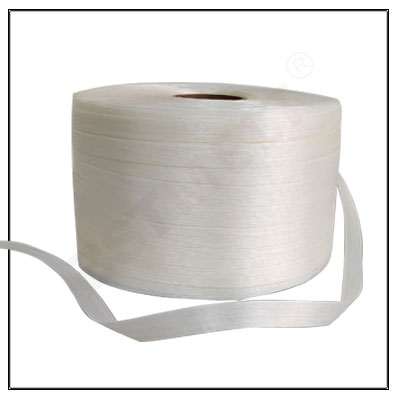How Polyester Cord Straps Enhance Load Security and Shipping Efficiency
In the world of logistics and transportation, ensuring the safe and efficient shipment of goods is paramount. With the continuous demand for more durable, reliable, and cost-effective packaging solutions, companies have increasingly turned to polyester cord straps as an essential component in their shipping and packaging processes. Polyester cord straps have gained popularity for their unique combination of strength, flexibility, and environmental benefits. In this article, we will explore how polyester cord straps enhance load security and shipping efficiency, helping businesses streamline their operations while safeguarding their products during transit.
What Are Polyester Cord Straps?
Polyester cord straps, often referred to as "cord strapping," are made from high-tensile polyester fibers that are woven together to form a strong, flexible, and durable band. These straps are typically used to secure loads, whether for palletizing, bundling, or wrapping various types of products. Unlike traditional steel strapping, polyester cord straps offer significant advantages in terms of weight, safety, and flexibility.
Polyester cord straps are also available in various thicknesses, widths, and tensile strengths to suit different load requirements. The material’s resistance to elongation, UV rays, moisture, and temperature changes makes it an ideal choice for shipping across diverse environments.

1. Enhanced Load Security
One of the most critical aspects of shipping is ensuring that products remain securely fastened throughout the entire journey. Load security directly impacts not only the integrity of the goods but also the safety of the shipping personnel and vehicles.
Polyester cord straps play a crucial role in keeping loads tightly secured by offering several key features:
High Tensile Strength
Polyester cord straps are known for their impressive tensile strength, which allows them to handle heavy loads without breaking or snapping. This is especially important in industries that ship large or bulky products. The ability to bear high tensile forces means the straps can keep even the most substantial loads in place, preventing shifting during transport and minimizing the risk of damage to the products.
Flexibility and Conformity
The flexibility of polyester cord straps is another factor that enhances load security. Unlike more rigid materials like steel straps, polyester cord straps can conform more easily to the shape of the load. This characteristic ensures that the straps can maintain a tight and secure hold over irregularly shaped or uneven loads, which reduces the possibility of the load shifting, tilting, or toppling over during transit.
Elongation Resistance
Polyester cord straps are engineered to resist elongation, meaning that they do not stretch under heavy loads. This provides a consistent and reliable securing force, ensuring that the load remains stable even during long shipping durations. Elongation resistance also helps reduce the frequency of re-tightening, which can be time-consuming and labor-intensive.
2. Increased Shipping Efficiency
Shipping efficiency is essential for reducing costs, improving delivery times, and enhancing customer satisfaction. Polyester cord straps offer several advantages that can help streamline the shipping process.
Lightweight Design
Polyester cord straps are much lighter than steel or other traditional strapping materials, which makes them easier to handle and apply. This reduces the overall weight of the packaging and contributes to significant savings in shipping costs, particularly for industries that frequently ship heavy products. Additionally, their lightweight nature makes polyester cord straps more convenient for workers to handle, increasing productivity and minimizing the risk of workplace injuries.
Time-Saving Applications
In terms of packaging and securing loads, time is of the essence. Polyester cord straps are incredibly easy to apply and can be quickly tightened using manual, semi-automatic, or fully automatic strapping machines. Their ease of use reduces the time spent securing products and allows for faster loading and unloading, ultimately speeding up the overall shipping process.
The straps can be tensioned to the required level without the need for specialized tools, and their consistent performance reduces the likelihood of damage or mishandling during application, which is often a concern with other types of packaging materials.
Cost-Effectiveness
Polyester cord straps are often a more cost-effective solution compared to alternatives like steel strapping. Not only do they typically cost less upfront, but they can also reduce operational costs in the long run. Their lightweight and durable nature mean that fewer straps may be required to secure a load, which reduces material consumption and waste. Moreover, the time saved during the strapping process can lead to significant labor cost savings.

3. Environmental Benefits
In today's environmentally conscious world, businesses are increasingly focusing on sustainable packaging solutions. Polyester cord straps offer several environmental benefits, making them an attractive option for companies aiming to reduce their environmental footprint.
Recyclability
Polyester cord straps are recyclable, which makes them a more eco-friendly choice compared to non-recyclable materials like steel. Once used, polyester straps can be processed and repurposed, contributing to the circular economy. This recycling capability helps companies comply with environmental regulations and demonstrates their commitment to sustainable business practices.
Reduced Carbon Footprint
Because polyester cord straps are lighter than steel or other materials, they contribute to reducing transportation-related emissions. Lighter packaging materials result in lower fuel consumption during transit, helping companies lower their overall carbon footprint.
Reduced Packaging Waste
Polyester cord straps are durable and reusable, which reduces the need for frequent replacements. This helps businesses cut down on the amount of packaging waste generated, making it easier to maintain an environmentally friendly operation.
4. Versatility in Application
Another significant advantage of polyester cord straps is their versatility. They can be used in a wide range of industries, including manufacturing, retail, logistics, and waste management. Whether securing pallets, bundling materials, or holding heavy machinery in place, polyester cord straps can be adapted to meet the specific needs of different applications.
For example, in the waste management industry, polyester cord straps are commonly used for baling and securing recyclables. Their resistance to moisture, UV rays, and temperature fluctuations makes them ideal for outdoor conditions, ensuring that the straps maintain their strength and effectiveness throughout the baling and shipping process.
5. Safety Advantages
Polyester cord straps are also safer than steel straps in many ways. Steel strapping can be hazardous to workers, as it may snap or spring back during application, causing potential injuries. On the other hand, polyester cord straps are softer and less prone to causing injury. Additionally, they do not rust or corrode, which can make steel straps dangerous when exposed to moisture.

Conclusion
Polyester cord straps offer numerous benefits that enhance both load security and shipping efficiency. Their high tensile strength, flexibility, elongation resistance, and lightweight design make them an excellent choice for companies looking to secure loads and improve their shipping processes. The added environmental benefits of recyclability and reduced carbon footprint further solidify their value in modern logistics.
As businesses continue to seek more reliable, cost-effective, and eco-friendly packaging solutions, polyester cord straps are likely to remain a top choice in the shipping and packaging industries. By investing in these innovative strapping solutions, companies can protect their products, reduce operational costs, and contribute to a more sustainable future.





